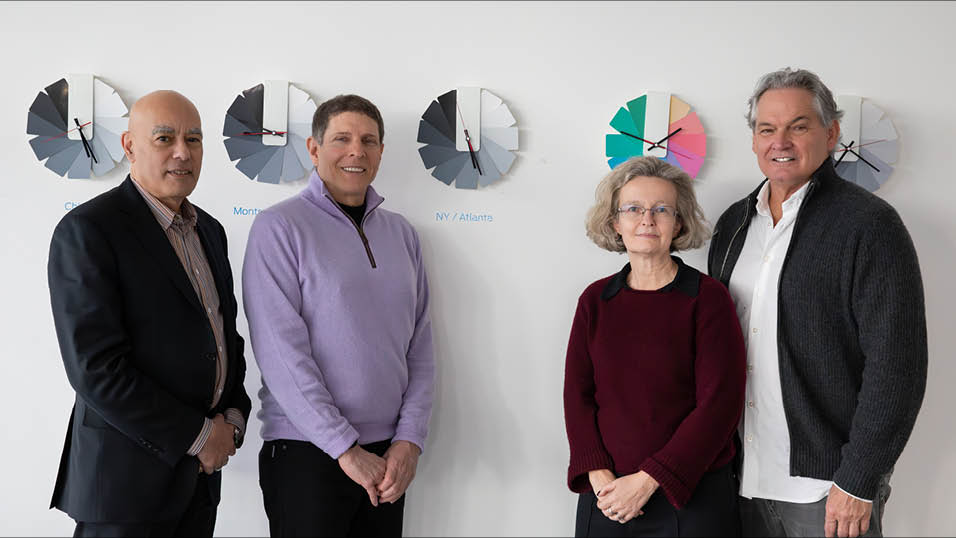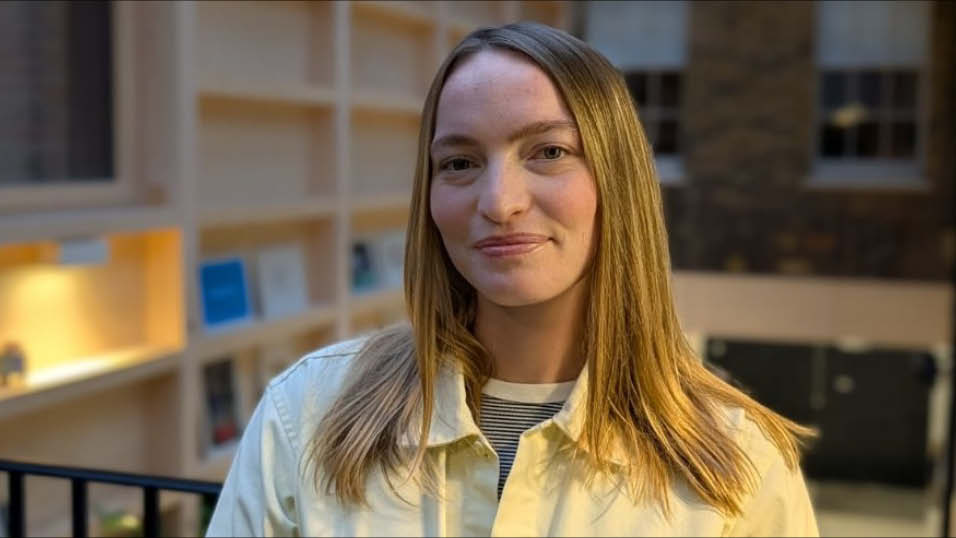Screen Scotland has relaunched The Project Post Fund, a £1million incentive fund designed to bring large-scale post-production projects to Scotland.
This relaunch follows a pilot run of the initiative which saw nine major projects supported, including HBO’s The Penguin.
The fund is open to live-action and animated features, live-action and animated high-end drama or factual returnable series seeking to undertake their post-production and VFX wholly or partially in Scotland, with grants available of up to £100,000.
Steven Little, Head of Production, at Screen Scotland said: “Scotland has a growing reputation in post-production, including visual effects (VFX), for film and high-end dramas. Project Post is a Screen Scotland designed initiative – backed by the Scottish Government – aimed at drawing international projects into Scotland to work with our excellent VFX/postproduction facilities and expertise.
“Importantly, Project Post is in addition to the UK wide Audio-Visual Expenditure Credit (AVEC) – the current tax system for film, high-end TV, children’s TV and animation which applies across Scotland, England and the rest of the UK. The UK Government recently confirmed that VFX spending is exempt from the overall 80% cap on spending eligible for AVEC, so there has never been a better time to bring your post-production work to Scotland.
“Project Post highlights the collaborative nature of filmmaking in Scotland; a single project can use Project Post support across multiple Scotland based post facilities to allow creative choices to be made alongside budget decisions. Get in touch with facilities directly or with me and the Screen Scotland team so we can introduce you to our picture, sound, animation, VFX and music composition facilities.”
Culture Secretary Angus Robertson said: “The Scottish Government is committed to growing Scotland’s screen sector, which is a key driver of our creative economy, and all the job and career opportunities that come with post-production projects of this scale.
“Inward investment of the kind that this project will attract goes hand-in-hand with strengthening and developing Scottish-based crews and creative talent. We are continually seeking new opportunities to grow the sector and support projects like this, which can make Scotland an attractive production base and place for people in the creative industries to live and work. That’s why the 2025-26 Scottish Budget includes a £2 million increase for Screen Scotland, as part of a record £34 million uplift for culture.”
The pilot phase saw a range of projects supported including HBO’s The Penguin (FIX FX), feature films Glasgow Film Festival Audience Award winner Spilt Milk (Brick and Mortar) and Leonora in the Morning Light (Brick and Mortar), STV Studios factual entertainment series Nisha Katona’s Home Kitchen (Serious Facilities) and others still to be announced.
James Heath, producer at Randan Productions said: “The Project Post Fund has been instrumental in helping us realise the full creative potential of both Spilt Milk and Leonora in the Morning Light. The post-production support allowed us to work with top-tier talent, refine our storytelling, and bring these projects to completion with the highest production values possible.
“Crucially, the fund also enabled us to strengthen our co-production partnerships by ensuring we could match the quality standards expected by international collaborators. This type of targeted funding is absolutely vital for independent Scottish productions, providing that crucial financial bridge at a critical stage when resources are often stretched thinnest. It’s made an enormous difference to our ability to deliver films we’re truly proud of and that can stand on the international stage.”
The fund has a rolling deadline and more information on eligibility and application process can be found here: https://www.screen.scot/funding-and-support/funding/pgf-project-post
The announcement follows last month US animation and visualisation company Halon Entertainment revealing their plans to invest £28million in a new Glasgow studio, creating 250 jobs over the next three years.
Jon Creamer
Share this story














